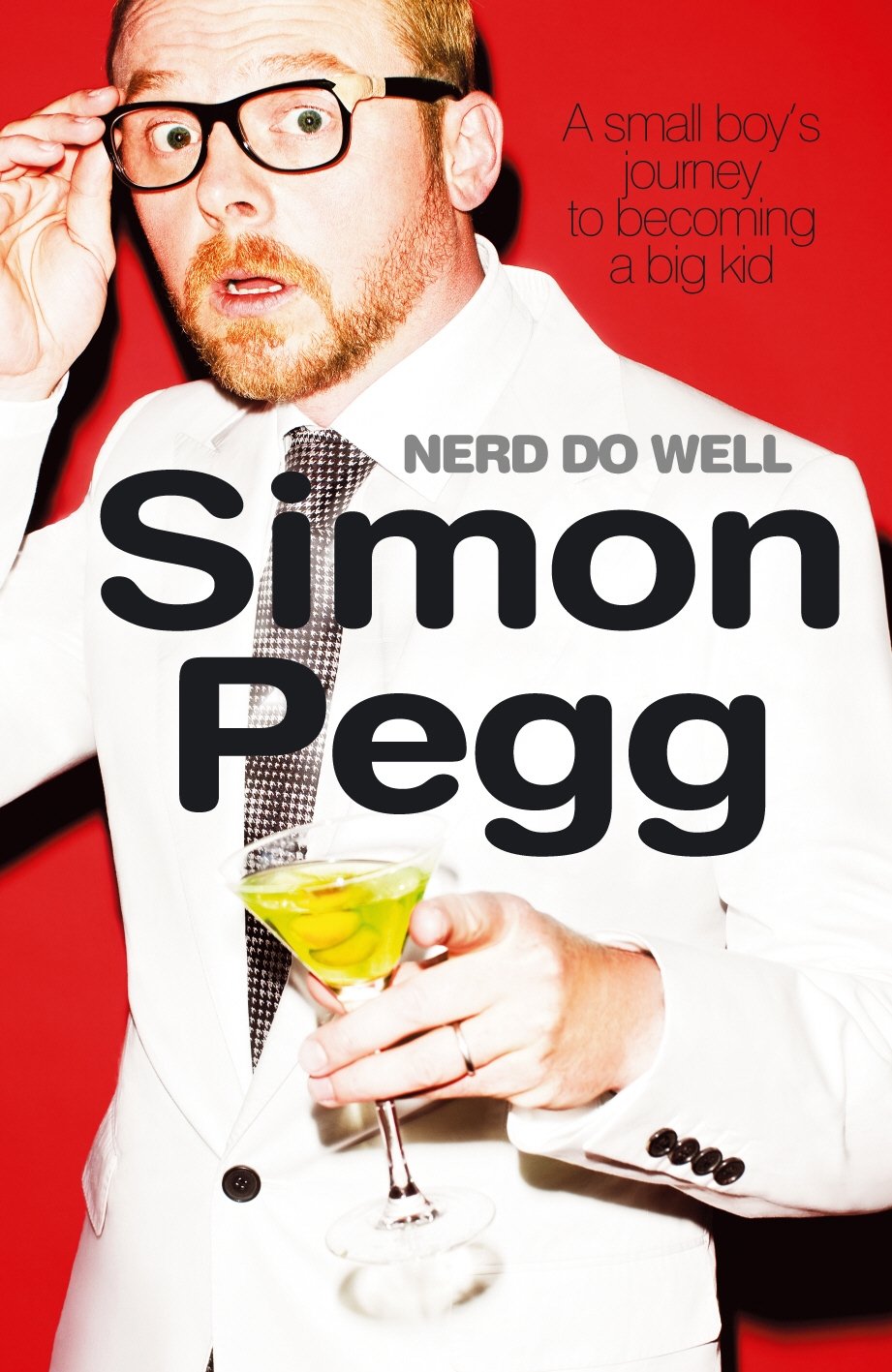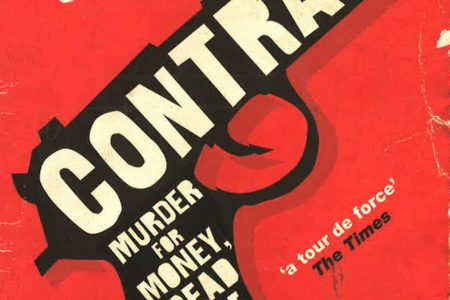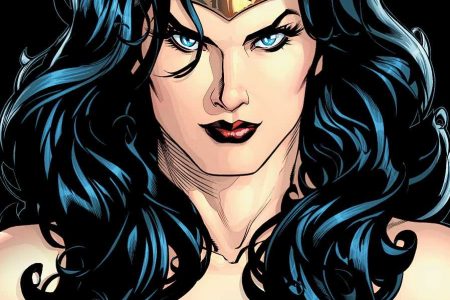Simon Pegg is one-third of the creative team (along with Jessica Hynes nee Stevenson and Edgar Wright) of Spaced, my favourite sitcom. He’s the same age as me, we attended the same university at the same time (I was a scientist, however, and so our paths would never have crossed), and he’s a self-confessed geek – a big fan of Star Wars and comics and films. All this makes me happy for his success, but even I was surprised that he was writing an autobiography.
Pegg has always come across as quite guarded about his personal life in interviews, something that makes a lot of sense as a celebrity who has to promote his projects. He even makes a point of it in the book, before going on to talk about various important parts of his youth. He talks quite openly about growing up in Gloucester, about his parents splitting up when he was young (he channelled the feelings about his relationship with his stepfather into Shaun Of The Dead; he also does a deft analysis of the other relationships in the rest of the film), about first encounters with girls. He doesn’t go into excessive details (his relationship with the girl he calls Eggy Helen is talked about, but I guess that using it as the basis for Sarah in Spaced, which was taken from his stand-up material that channelled the break-up of the relationship, was probably enough), but he’s honest about his other famous friendships, such as with Nick Frost and even Chris Martin from Coldplay.
He uses the book to talk about his love of geeky things, with Star Wars being the most famous example. He gives us an overview of his thesis called ‘Base and Supersucker: A Marxist Overview of Consent in Star Wars and Related Works’ and his film studies-influenced views on the cultural impact behind Star Wars and its effect on America. Rather highbrow but very interesting and he keeps it light and readable. He also includes his thoughts on the Star Wars prequels, although Spaced fans know how he feels about them already. There are other things: watching Star Trek on BBC2 as a child (he was Scotty in the update), Raiders Of The Lost Ark (he’s working on Tintin with Steven Spielberg), The Young Ones (he would later appear with Rik Mayall and Adrian Edmonson in Guest House Paradiso), and the various zombie films that led to Shaun Of The Dead, and An American Werewolf In London (he was in Burke And Hare directed by John Landis). Basically, it amounts to ‘these are things I loved growing up and I got to work with all the people involved’ but you don’t hold it against him.
The important aspect that I learned was the amount of amateur dramatics that comprised his formative years. His mother was very involved in the local dramatic society and brought Simon along to everything, which led to him acting at an early stage and is present throughout his youth. Unlike a lot of his contemporaries, who seem to have got into comedy acting via other routes (stand-up as a means of expression), Pegg has always been into acting, which led to his studying drama at university. The photographs included in the book show him as an expressive child who wasn’t afraid of his acting side – I never realised that about him. The other, perhaps related, reveal is the intensity of the passions he felt – he seems to fall in love with the object of desire in very dramatic fashion, as if he felt everything with an exquisite amount of emotion. I don’t know how he survived growing up if he was that expressive in life.
Pegg makes a strange inclusion in the book: in between chapters, he writes the adventures of Simon Pegg the superhero and his faithful robot Canterbury. It’s a tongue-in-cheek affair about trying to write his autobiography, and it’s a bit silly and indulgent (although, as he says, where else to be self-indulgent but an autobiography?), but it works better in comic book form (I believe there’s an app you can buy), so I guess I’ll let him off.
This is an enjoyable book: Pegg is a good writer and he has some interesting ideas, such as his theory about ‘quantum attraction’, and it’s clearly about how lucky he feels to have got where he has (there are lots of photos of him with the famous people he’s met). There is some weird stuff, such as an entire large chapter on his love of The Shepherds pub (I don’t drink so don’t understand the attraction of pubs), and he seems to rush through the various television shows he worked on in the build-up to Spaced, but he seems more interested in the formative years than the years in which the rest of the world got to know him. It’s his autobiography; he can do what he wants.




